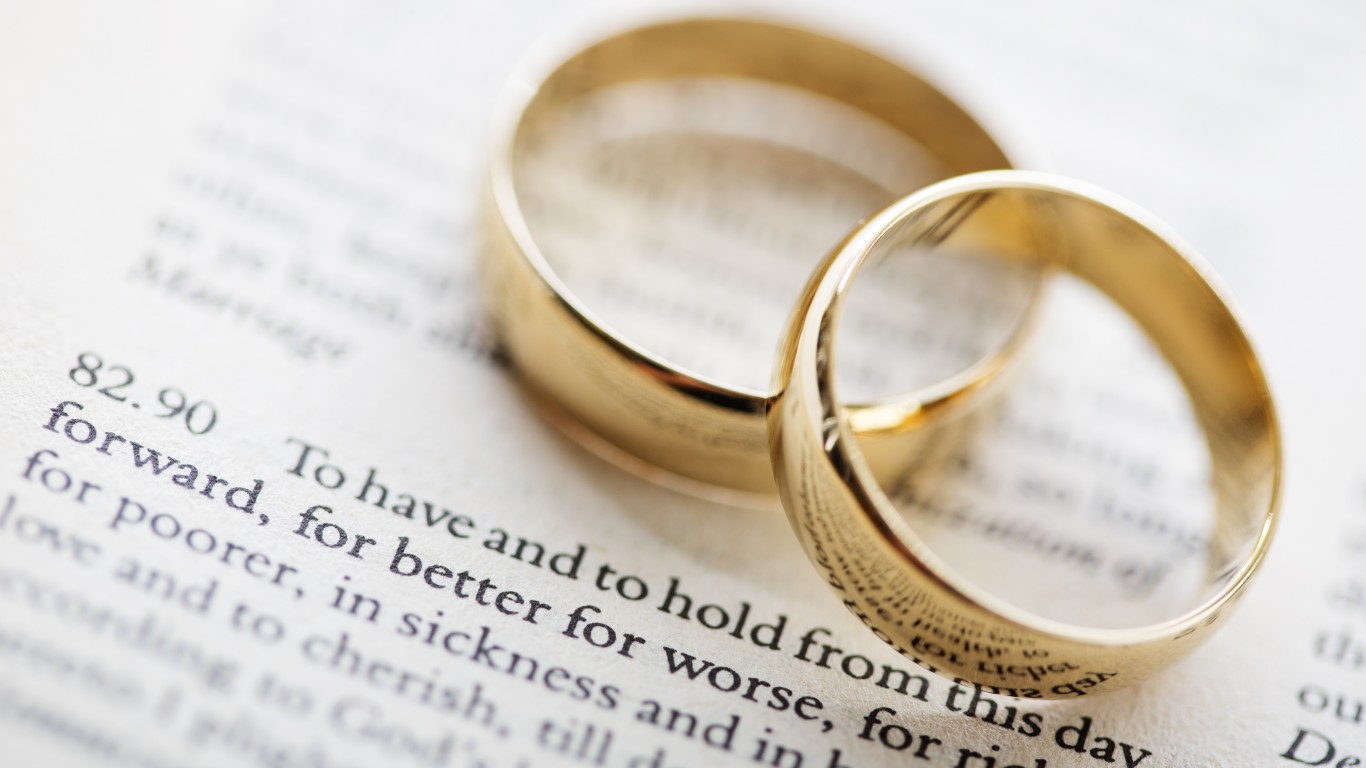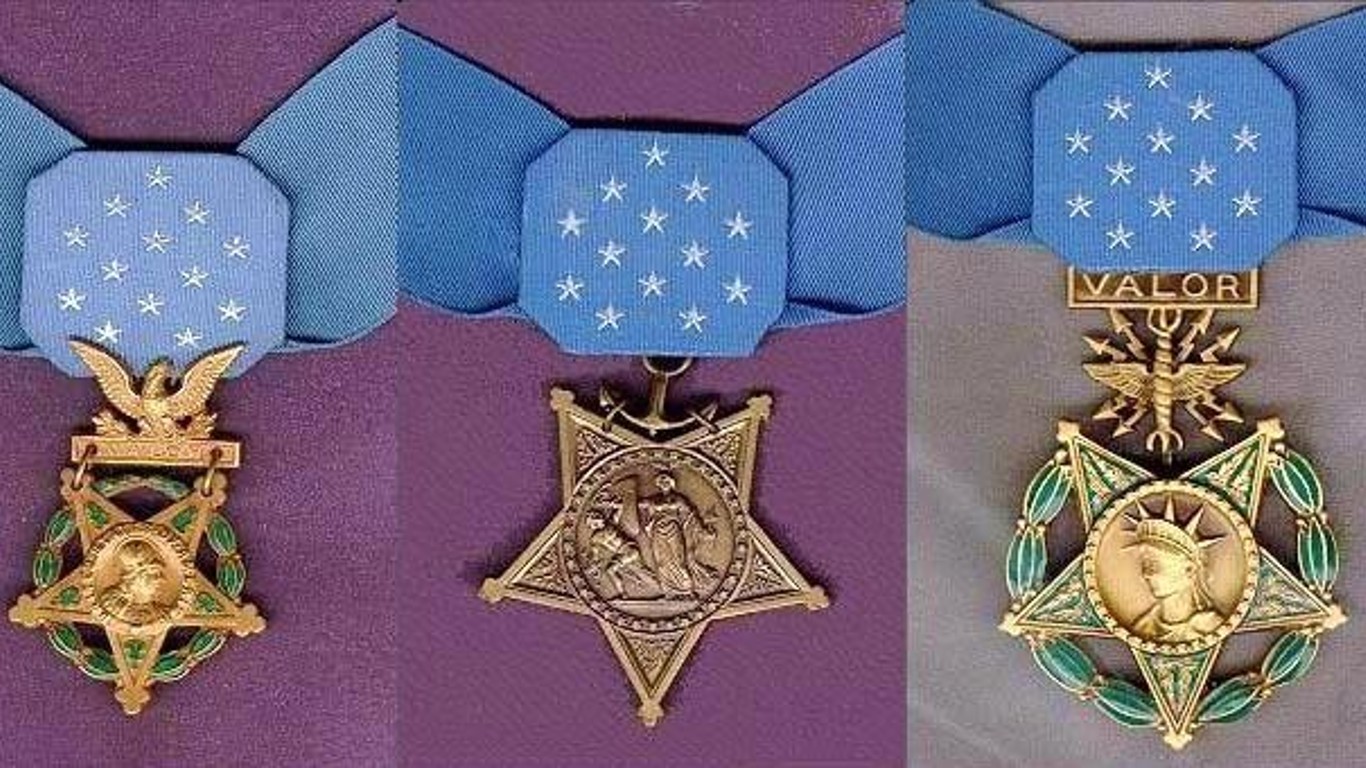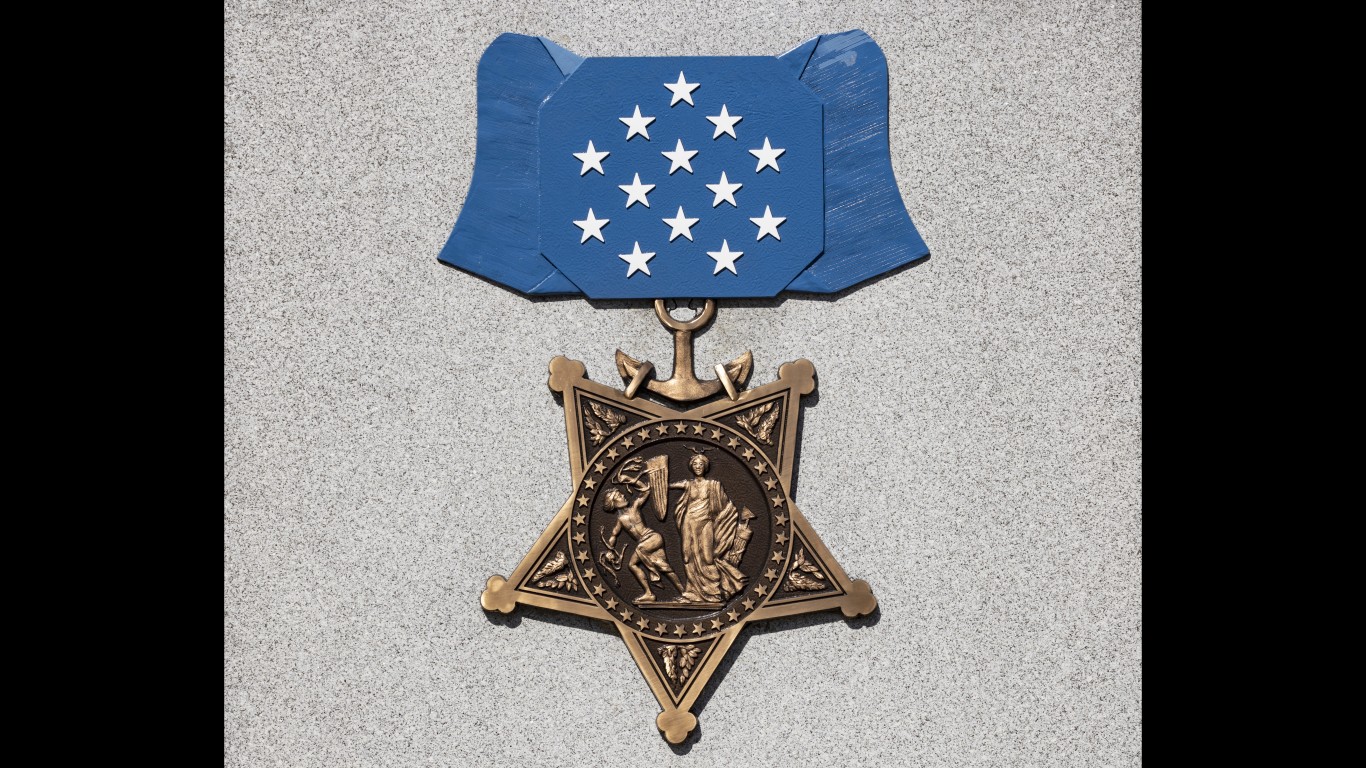Military
Meet the Only Woman to Ever Receive the Medal of Honor

Published:
Last Updated:

Mary Edwards Walker was a surgeon, war hero, abolitionist, orphanage director, activist, and suffragette. She was born on November 26, 1832 in Oswego, New York and was fortunate to be born into a progressive family that encouraged her education. Her parents disregarded traditional gender roles, questioned religious authority, nurtured a strong sense of justice, and educated all their children regardless of gender.

Walker’s parents started the first free schoolhouse in their town. She then studied at Falley Seminary in nearby Fulton, New York. Falley was known for emphasizing social reform. Since childhood, Walker had a fascination with the human body.

After graduating, she saved money to go to Syracuse Medical School by working as a teacher She earned enough money to entirely pay her way through medical school and graduated in 1855 with honors as the only woman in her class.

She married Albert Miller. In her non-traditional wedding, she wore trousers under a short skirt, refused to promise to obey her husband, and declined to adopt her husband’s last name. They opened a joint practice in Rome, New York. She divorced Miller in 1869 because of his infidelity.

When the Civil War broke out, Walker was eager to volunteer. She tried to enlist but was rejected for the role of surgeon because she was a woman and was offered a nursing role. She declined, and volunteered as a civilian for the Union Army, rather than being officially commissioned. She was the first female surgeon in the Union Army and was known for wearing men’s clothing.

She served at the First Battle of Bull Run, at the Patent Office Hospital in Washington D.C., in the Battle of Fredericksburg, and in Chattanooga. After her request to be a spy was denied in 1862, she served with the Army of Cumberland as a “Contract Acting Assistant Surgeon (Civilian).” This made her the first female surgeon hired by the U.S. Army Surgeon. She often visited battles and treated civilians with the 52nd Ohio Infantry.

She was captured by Confederate forces in 1864 and was charged and arrested for being a spy immediately after she helped a Confederate doctor perform an amputation. She was a prisoner in Castle Thunder, where she suffered muscular atrophy. She was released in August in a prisoner exchange.

After the war ended in 1865, she wanted to obtain a commission to validate her service. Instead, she was given “commendatory acknowledgment”. She was awarded the Medal of Honor by President Andrew Johnson.

In 1917, her award was revoked. She wasn’t instructed to return her medal, however. She insisted that she deserved the award for having the courage to go into enemy territory to care for the suffering when no one else would. The Board for Correction of Military Records restored her award posthumously in 1977.

After her war service, she became an activist, writing and lecturing about dress reform and women’s rights. She was frequently arrested for wearing men’s clothing. She said, “I don’t wear men’s clothes, I wear my own clothes.”
She insisted that she had the right to wear what she thought was appropriate. She opposed long skirts for their limited mobility, unhygienic spread of dirt, and discomfort. She said, “[Women’s dress] should protect the person, and allow freedom of motion and circulation, and not make the wearer a slave to it.”

Walker was a prominent suffragette and attempted to register to vote in 1871. She insisted that women already had the God-given right to vote. As the movement progressed and evolved, she fell out of favor as a and was unofficially demoted as she tried to continue to advocate her position.

Mary Edwards Walker died on February 21, 1919 at the age of 86. She was buried in a black suit instead of a dress. The following year, the Nineteenth Amendment passed.
Finding a qualified financial advisor doesn’t have to be hard. SmartAsset’s free tool matches you with up to 3 fiduciary financial advisors in your area in 5 minutes. Each advisor has been vetted by SmartAsset and is held to a fiduciary standard to act in your best interests. If you’re ready to be matched with local advisors that can help you achieve your financial goals, get started now.
Thank you for reading! Have some feedback for us?
Contact the 24/7 Wall St. editorial team.